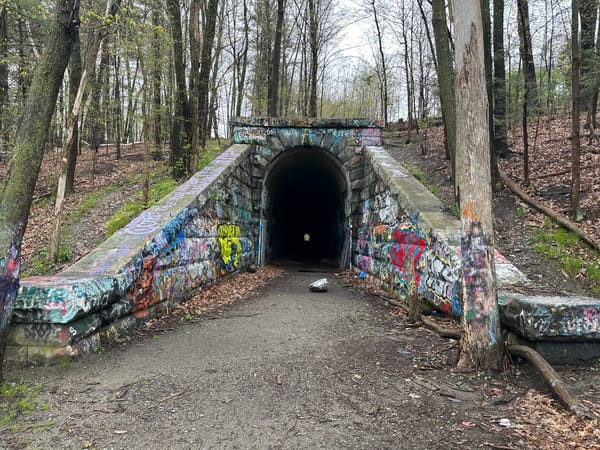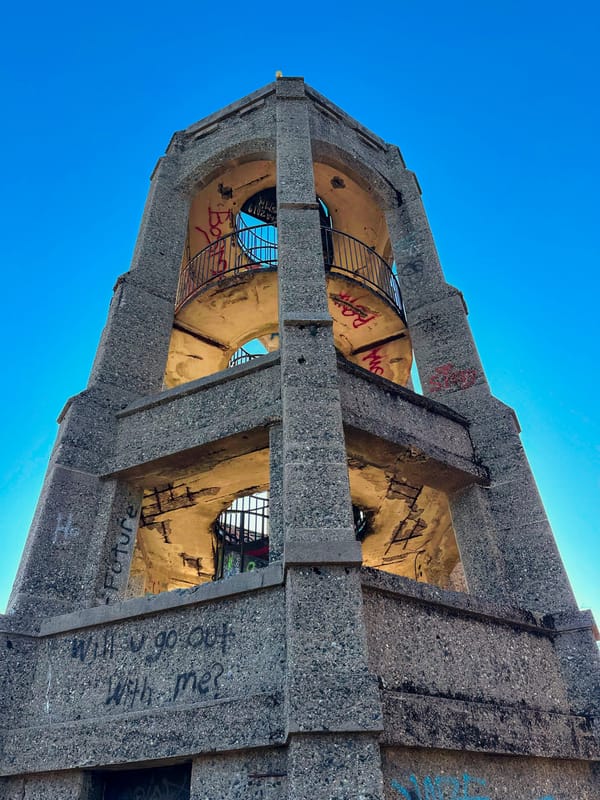Rocky Hill Foundry (Rocky Hill, CT)
Located along the Connecticut River in Rocky Hill, Connecticut, stands the abandoned Rocky Hill Foundry.
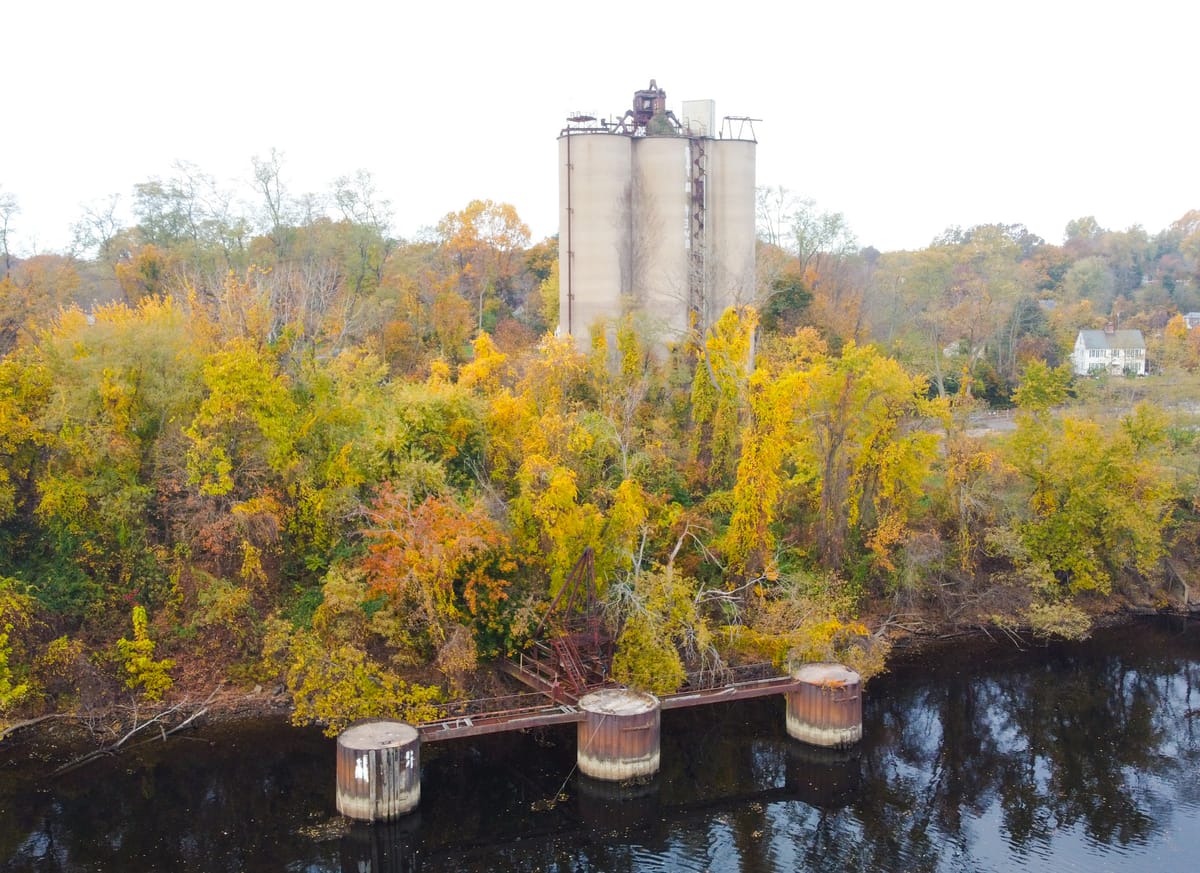
Explore the abandoned Rocky Hill Foundry in Rocky Hill, Connecticut
The Rocky Hill Foundry, operated by the Connecticut Foundry Company, stands as one of Connecticut’s most iconic abandoned industrial sites. Located along the Connecticut River in Rocky Hill, this sprawling property once echoed with the sounds of molten iron, steam, and machinery. Today, those echoes have faded — replaced by vines, rust, and silence.
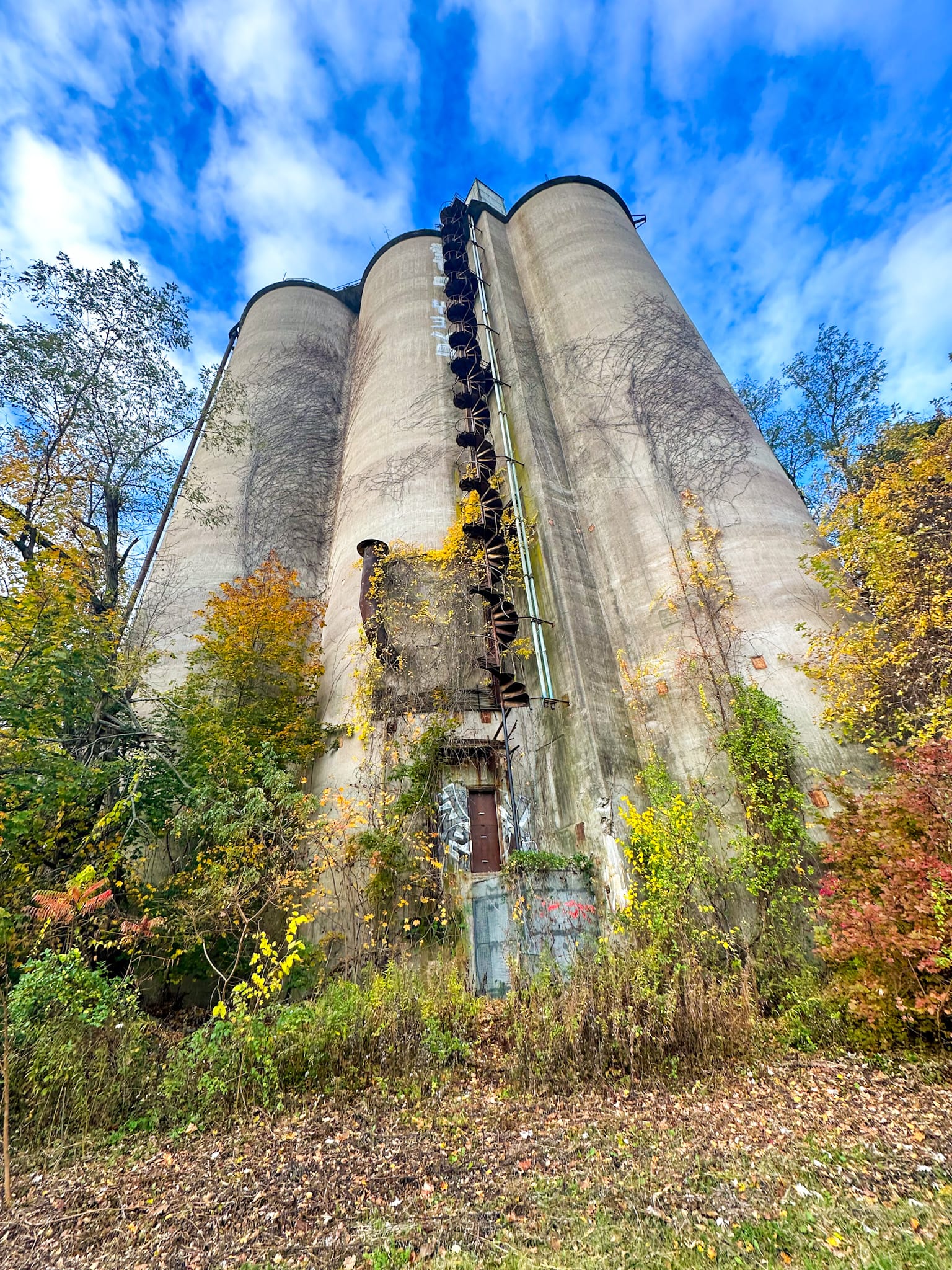
A Town Built on Industry
The story of Rocky Hill’s industrial growth stretches back centuries. Settled by Europeans in 1650, the town became a hub for milling thanks to its access to waterways and natural falls. In 1667, Reverend Gershom Bulkeley built one of the area’s first grist mills at the waterfall now known as Dividend Brook Falls. The remains of that early mill — and others that followed — can still be found scattered throughout the nearby woods.
A new chapter began in 1854, when William Sage Butler and Robert Sugden Jr. established the town’s first iron foundry, setting the stage for what would become a local industrial powerhouse.
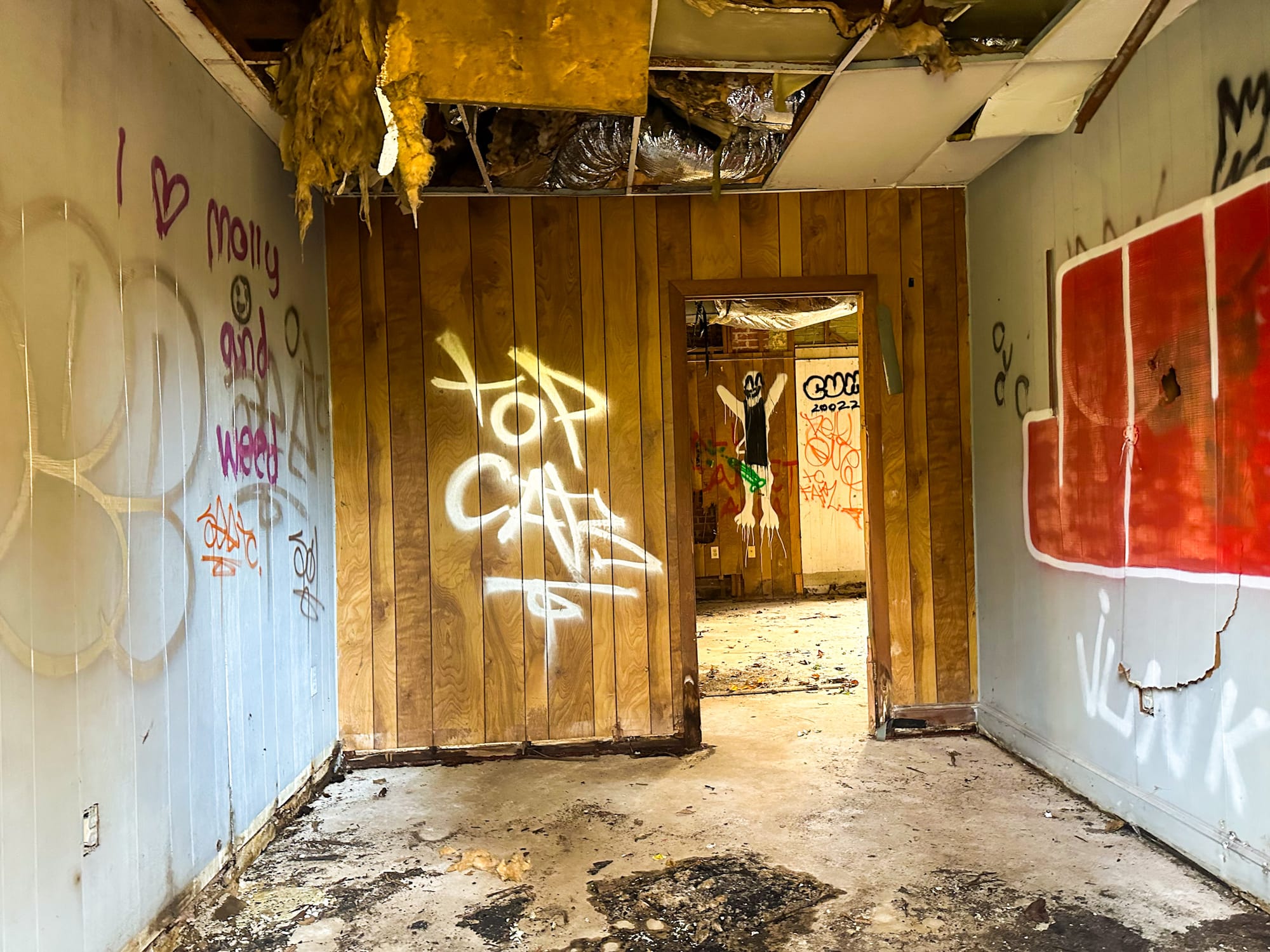
The Rise of the Connecticut Foundry Company
In 1865, the Connecticut Foundry Company was officially founded. That same year, it constructed the Rocky Hill Foundry on the banks of the Connecticut River, at the end of Glastonbury Avenue. The company specialized in the production of cast iron goods — durable items essential to the growing industrial economy.
The foundry’s products included:
- 🔩 Oil burners and piston-ring moldings
- ⚙️ Machinery components and lawn mower parts
- 🍳 Cooking equipment
- 🔫 Gun parts and precision metal fittings
The company’s reputation grew rapidly, and its client list read like a who’s who of 20th-century industry: Remington Rand, GE, Dictaphone, and Stately were among its notable customers.
Even today, collectors occasionally uncover Connecticut Foundry Company artifacts at antique shops or online marketplaces — reminders of the precision craftsmanship that once defined this facility.

Fires, Rebuilding, and Resilience
Like many 19th-century industrial operations, the Rocky Hill Foundry faced constant risk from fire — a hazard of working with molten iron, wooden structures, and open furnaces.
The foundry was destroyed by fire twice: first in 1865 (shortly after opening), and again in 1918. Each time, the owners rebuilt — a testament to both the company’s success and the demand for its products. Many neighboring mills that suffered similar fates never recovered, but the Connecticut Foundry Company persevered for more than a century.
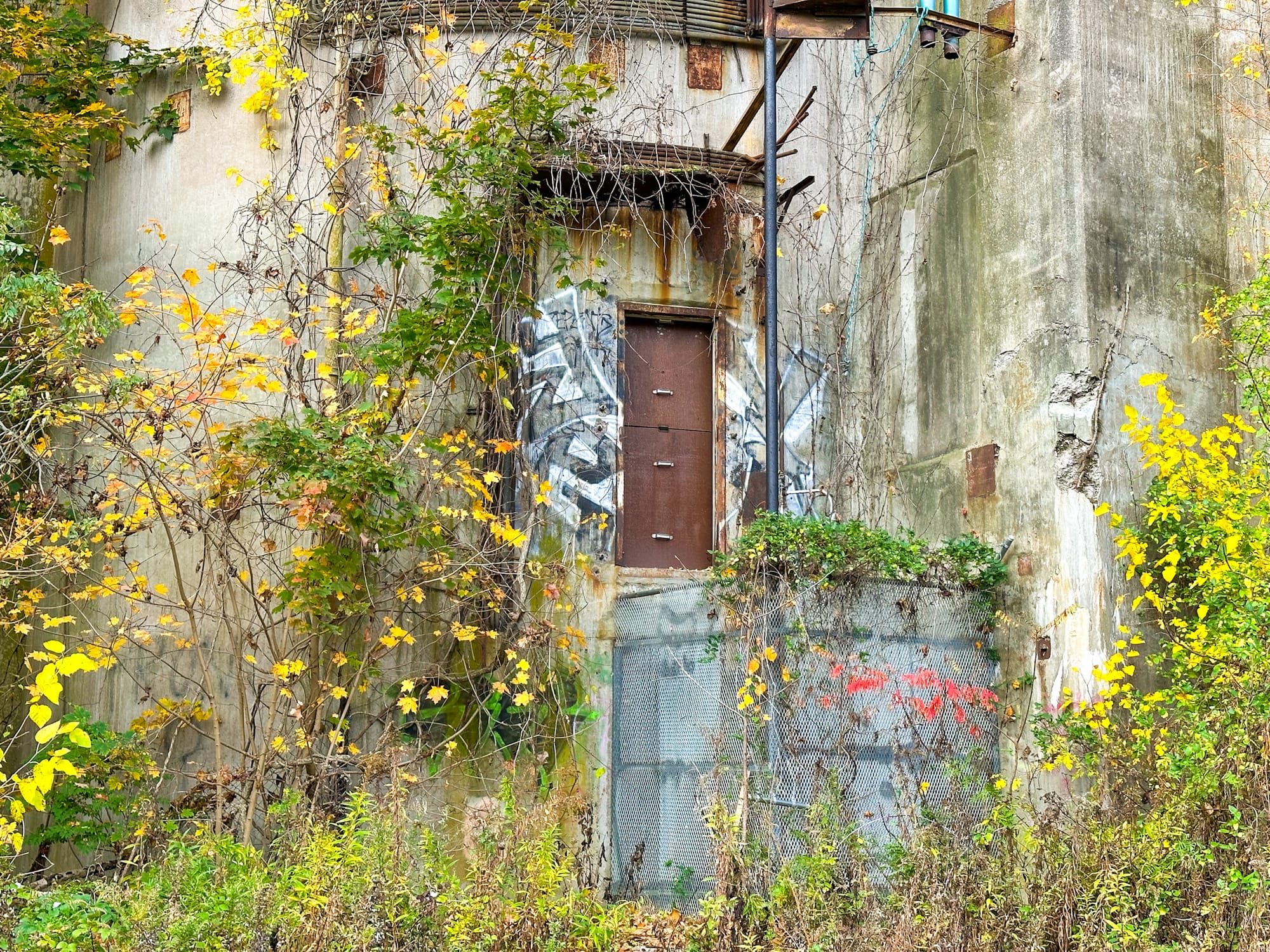
Labor Unrest and Decline
By the 1970s, the foundry — like much of America’s manufacturing sector — faced growing pressure from automation, foreign competition, and labor disputes.
Nationwide, the decade saw historic labor unrest: the U.S. Bureau of Labor Statistics recorded 5,716 strikes involving 3 million workers in 1970 alone. The Rocky Hill Foundry was no exception.
Throughout the 1970s and early 1980s, workers at the foundry organized protests and strikes, with tensions at times escalating into violence. After years of unrest and declining profitability, the owners finally shut down operations in 1983 — marking the end of an era for Rocky Hill’s industrial landscape.
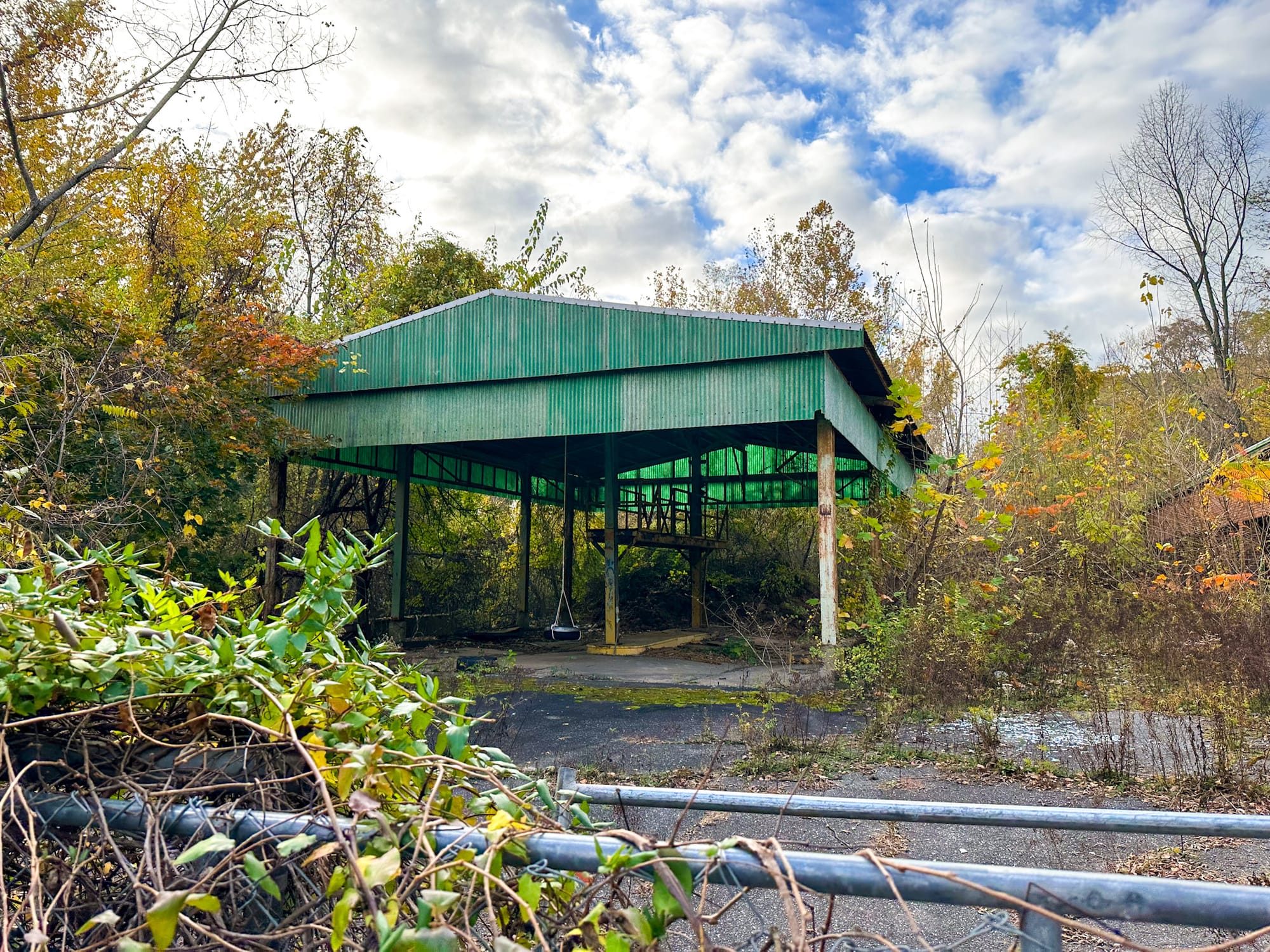
What Remains Today
In the decades since, much of the Rocky Hill Foundry has been lost to time or redevelopment. In 2003, Riverfront Future Partners purchased the 10-acre property, intending to redevelop the site, but plans have repeatedly stalled.
As of 2022, several haunting remnants remain:
- 🏭 Three massive silos rising above the brush
- 🧱 Concrete foundations and rusted metalwork
- 🌿 Overgrown pathways leading to the river’s edge
While the site is privately owned and not open for exploration, some of these remnants are visible from nearby roads — silent monuments to Connecticut’s manufacturing past.
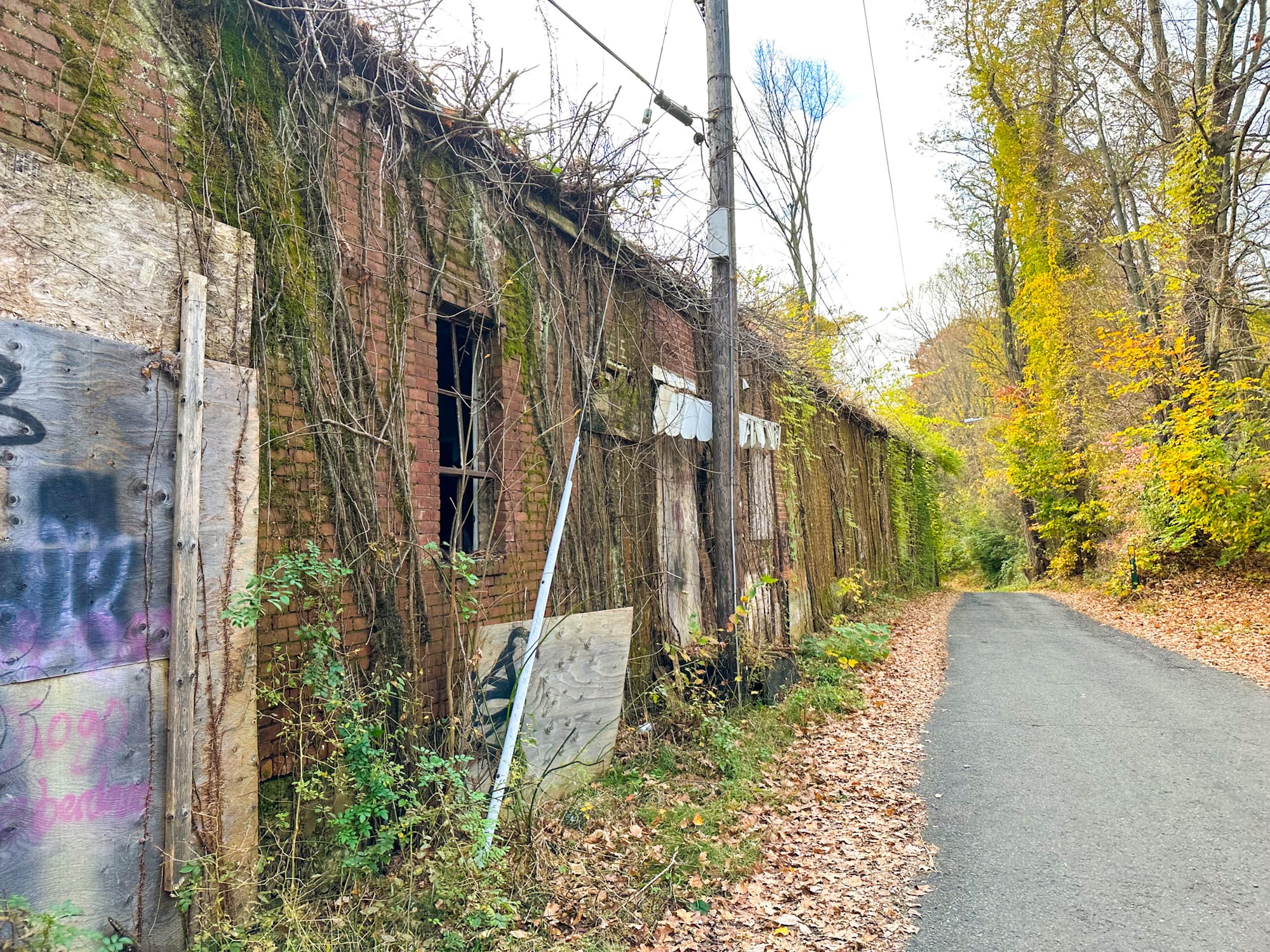
Visiting the Site
Although the property itself is off-limits, visitors can safely view parts of the foundry ruins from nearby Meadow Road. The best viewing point is near Surwilo Park, just a short walk away.
- 📍 Address: Meadow Road, Rocky Hill, Connecticut
- 🌐 GPS Coordinates: 41.663194, -72.630028
- 🅿️ Parking: Park at Surwilo Park and walk a few hundred feet north to view the ruins from the roadside
- ⚠️ Access Note: The foundry property is private — please respect “No Trespassing” signs
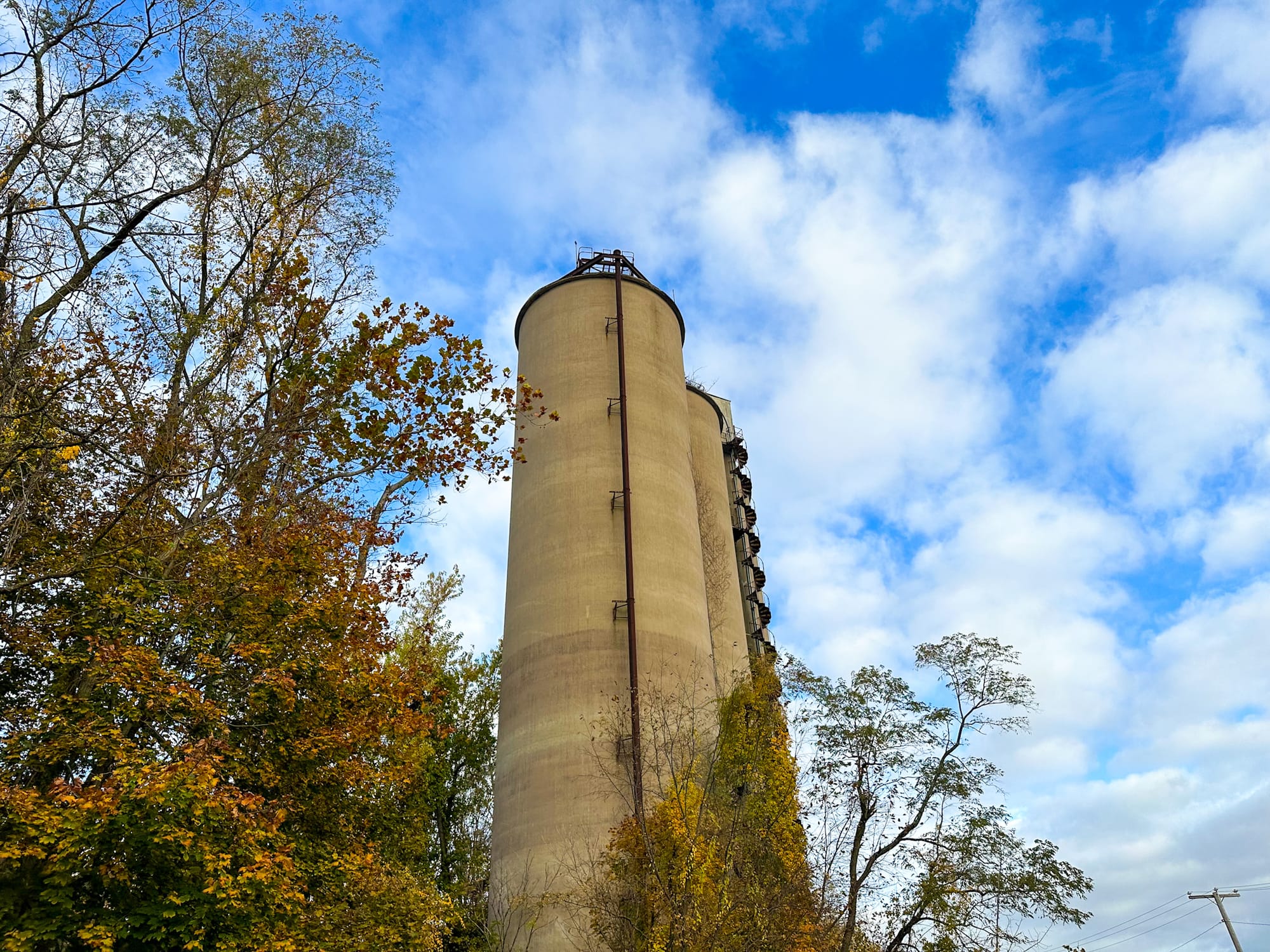
Quick Facts
- 🏗 Year Established: 1865
- 🔥 Fires: 1865 and 1918 (rebuilt both times)
- 🏭 Operator: Connecticut Foundry Company
- ⚙️ Products: Cast iron machinery, tools, and industrial components
- 🧰 Major Clients: Remington Rand, GE, Dictaphone, Stately
- 👷 Abandoned: 1983 (after labor unrest)
- 🌳 Current Status: Partially demolished; several silos remain
- 🚷 Access: Private property — viewable from road only

Final Thoughts
The Rocky Hill Foundry tells a classic New England story — one of ambition, craftsmanship, and eventual decline. From its fiery beginnings in the 1800s to its final closure amid 20th-century labor unrest, the foundry helped shape Connecticut’s industrial identity.
Though time and nature are steadily reclaiming what remains, the site still holds a magnetic pull for those who appreciate the beauty of decay and the echoes of history. Standing along Meadow Road, gazing at the last silos against the Connecticut River, you can almost hear the rhythmic hum of machinery that once defined Rocky Hill’s industrial might.


